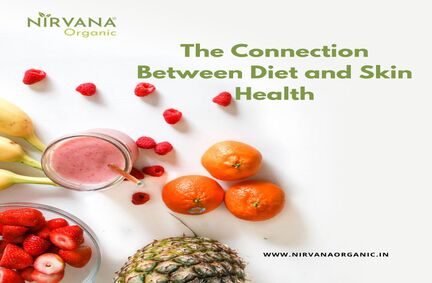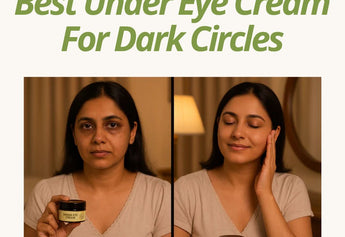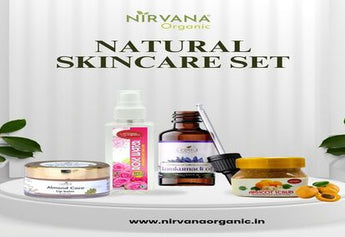As you might already understand, the skin is the largest organ of our body—and, therefore, its condition also influences our body health as well as our social confidence. Although there are numerous reasons why one has poor skin health, including heredity, pollution, stress, and excess sun exposure, science by dermatologists shows that diet contributes most powerfully.
Some foods, dietary habits, or nutrients can be responsible for causing skin problems, while others are extremely helpful. In a few instances, staying away from particular foods helps alleviate skin conditions, but it is always advisable to seek professional help if major changes are being introduced. A lifestyle habit that is focused on eating whole, lightly processed foods as opposed to extremely processed foods has the ability to heal some skin conditions—and it definitely stays clear of the comorbidities they include.
A deep comprehension of dietary relationships with skin health enables you to obtain healthy skin with a radiant complexion. We will analyze skincare effects caused by nutrition choices while demonstrating the benefits of improving dietary routines on natural skin radiance in this article.
How Nutrition Impacts Skin Health
Your body requires important nutritional elements so your skin can generate new cells, perform its texturing needs, and heal itself properly. Great blood circulation serves as an essential requirement. Scientific evidence reveals that insufficient amounts of vitamins and minerals will result in premature wrinkles together with skin dullness and damage.
Your skin retains a youthful appearance through vitamin C supplementation since the nutrient supports collagen maintenance, which serves as the skin's support system. Vitamin B is also crucial for the formation of new skin cells. The skin also benefits from vitamins A and E since they help preserve its elasticity and enhance its texture and softness.
A Balanced Diet for Glowing Skin
Skincare results highly depend on both your applied products and food consumption level because dining choices often matter more than applied skincare items. To understand the specific needs of your skin, follow these breakdown points:
1. Hydration First
Your skin behaves similarly to plants since the absence of water creates dryness and lifelessness. Your skin hydration benefits from both external water consumption and eating water-full foods such as watermelon, cucumber, and celery.
2. Skin-Friendly Nutrients
The skin-strengthening and age-defying effects of vitamin C become possible through eating citrus fruits, berries, and bell peppers.
The skin can obtain protective sun defenses together with nourishment from vitamin E, which exists in nuts, seeds, and leafy greens.
Carrots, together with sweet potatoes, contain vitamin A, which helps minimize acne occurrences and reduces wrinkles.
Medium-spectrum vitamins obtained from sunlight and fish, along with dairy, create conditions beneficial to skin cell growth and repair processes.
The skin benefits from omega-3 fatty acids that you can access through the consumption of salmon alongside walnuts, which create a moisturizing and glowing effect. Apricot seed oil for skin is also proven to be beneficial.
3. Essential Minerals
Zinc and Selenium: Vital for skin repair and regeneration. Purchasing these minerals can be done through meats, seeds, nuts, and whole grains.
4. Powerful Antioxidants
The presence of antioxidants in the body enables successful battles against free radicals, which in turn leads to premature aging of the skin. Find them in:
-
Berries
-
Green tea
-
Dark chocolate
5. Collagen Boosters
The skin remains smooth and firm thanks to collagen in the body. Your collagen production will increase through natural means by adding lean meats, fish, and bone broth into your food intake.
What to Avoid
Several dietary items provide skin damage at the same time they work against skin health. Try to limit or avoid:
-
Processed foods
-
Sugary snacks
-
Refined carbohydrates
These trigger inflammation, acne, and premature aging.
You are what you eat. Feed your skin proper care through eating whole, unprocessed foods that provide beneficial fats as well as antioxidant richness. Regular consumption of water alongside restful sleep and reduced stress levels, together with avoiding tobacco and heavy alcohol consumption, helps skin health.
Mindful eating alongside basic self-care measures will create a significant impact on obtaining both skin health and a vibrant skin appearance.



